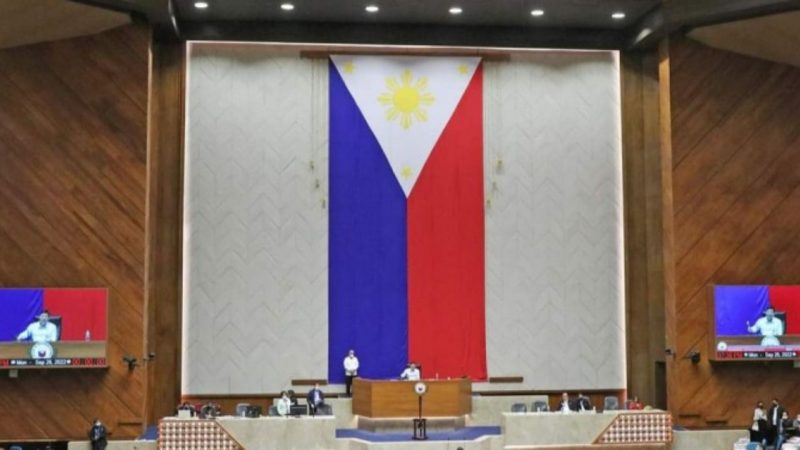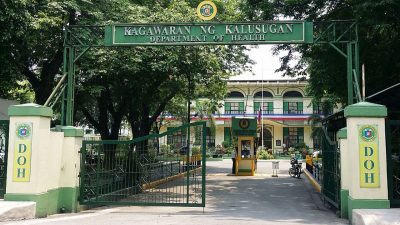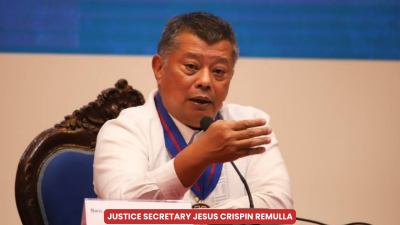MANILA, Philippines — The House of Representatives has officially started the committee hearings on the proposed ₱6.352 trillion national budget for 2025.
The budget, themed “Agenda for Prosperity: Fulfilling the Needs and Aspirations of the Filipino People,” focuses on enhancing social services and promoting economic growth.
Key allocations include ₱977.6 billion for education, ₱900 billion for public works, and ₱297.6 billion for health, among others.
During the initial hearing, the Committee on Appropriations began its review with the Development Budget Coordination Committee (DBCC).
Discussions covered the formulation of the National Expenditure Program (NEP) and its funding sources.
Scheduled Hearings:
August 7 (Wednesday): Department of Environment and Natural Resources / Department of Human Settlements and Urban Development
August 8: Department of Energy / Energy Regulatory Commission / Commission on Higher Education
August 12: Department of Agriculture
August 13: Department of Foreign Affairs / Commission on Audit
August 14: Department of Trade & Industry
August 15: Department of Agrarian Reform / Office of the Vice President / Department of the Interior and Local Government
August 20: Department of Migrant Workers / Department of Tourism
August 22: Department of Labor and Employment / Department of Information and Communications Technology / Department of Social Welfare and Development
August 27: Civil Service Commission / Office of the Ombudsman
August 28: Department of Transportation
August 29: Commission on Elections / Commission on Human Rights / Department of Science and Technology
September 2: Department of Education
September 3: Office of the President / Presidential Communications Office
September 4: Department of Health
September 5: The Judiciary / Department of Justice / Department of Public Works and Highways
September 9: Department of National Defense
The 2025 NEP was submitted to Congress on July 29, marking the earliest submission by the executive branch under President Ferdinand Marcos Jr.
This proactive approach ensures ample time for legislative review and adjustments.
(el Amigo/mnm)







